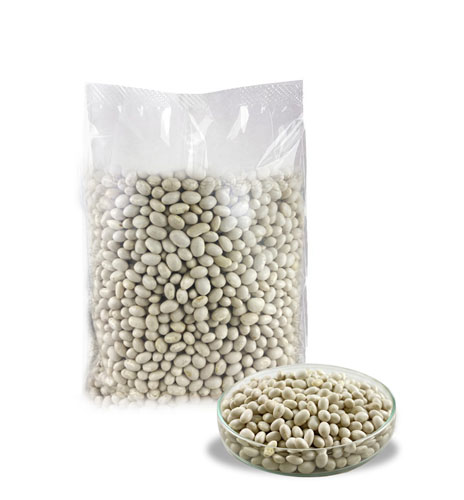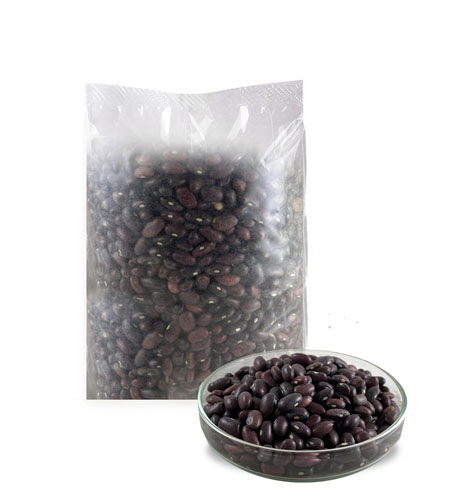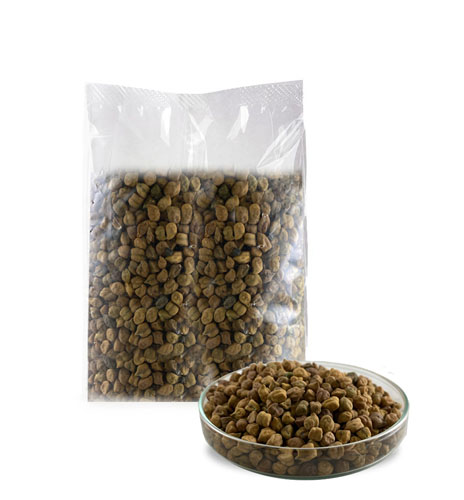Export of Pulses
Pulses contribute to smallholder income, as a higher-value crop than cereals, and to diet, as a cost-effective source of protein that accounts for approximately 15 percent of protein intake. Moreover, pulses offer natural soil maintenance benefits through nitrogen-fixing, which improves yields of cereals through crop rotation, and can also result in savings for smallholder farmers from less fertilizer use. Pulses also contribute significantly to Ethiopia’s balance of payments. They are the third-largest export crop after coffee and sesame, contributing USD 90 million to export earnings in 2007/08.
Through productivity and market improvements, the critical role of pulses in smallholder livelihood and food security can be expanded. The current productivity of pulses falls significantly below the demonstrated potential.
Join us and see our competitive products!

Ethiopian White pea beans
- Sortex Machine Cleaned and Hand-Picked (HPS)
- New Crop
- Purity MIN 98-99%
- Foreign Matters MAX 0.5%
- Defects: Damaged i.e Broken/split, Shriveled, stained/Discolor beans MAX, insect damaged beans 1 – 2%
- Moisture Content MAX 13%
- Beans count 670 – 700/100g
- Free from Dead and Live Insects
- Fit for Human Consumption

Ethiopian Red Kidney Beans
- Sortex Machine Cleaned and Hand-Picked (HPS)
- New Crop
- Purity MIN 98-99%
- Foreign Matters MAX 0.5%
- Defects: Damaged i.e Broken/split, Shriveled, stained/Discolor beans MAX, insect-damaged beans 1 – 2%
- Moisture Content MAX 13%
- Beans count 460 – 470/100g
- Free from Dead and Live Insects
- Fit for Human Consumption.

Ethiopian Chikpea
- Fully Machine Cleaned
- Purity MIN 98%
- Damage MAX 2%
- Foreign Material MAX 1%
- Splits MAX 1.5%
- Moisture MAX 14%
- Black Seeds MAX 3%
- Fumigation prior to Shipment
- Free from live and dead Weevils or Insects
- Fit for Human Consumption
